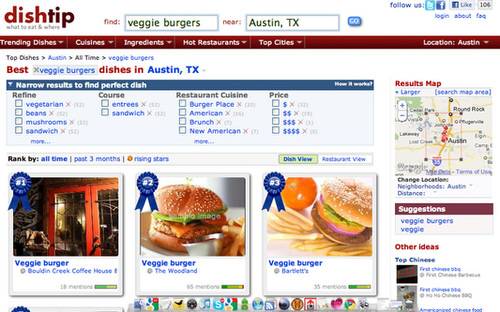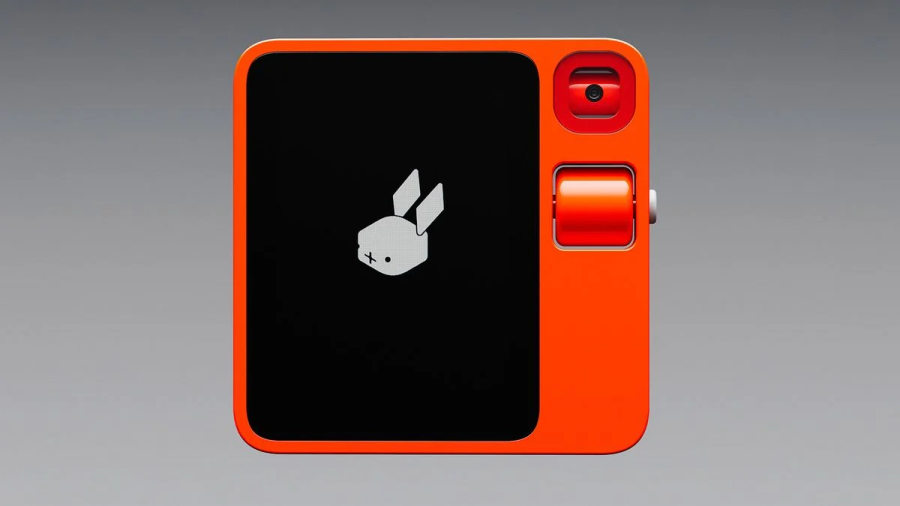Beer and WordPress go together very well. Beer tastes good and, when enjoyed in a pint glass, it gives a new sense of ways to think about all the fun things to do when exploring a WordPress blog.

The WordPress Brewery DB plugin allows you to display information in your posts about beers and breweries. It uses the Brewery DB API to retrieve the data.
My discovery of this beer lover’s API has drawn me into a quest to find APIs that are food and drink related.
What I am finding is a bit surprising. There are actually not a lot of APIs related to food and drink. I searched across Programmable Web and found:
- Six APIs in the wine category with three for Cruvee, a wine database.
- Two beer APIs, not including the Brewery DB API, which I discovered through a search feed for APIs on Twitter.
- 18 APIs tagged food.
Most Web services use APIs to provide the locations where the food can be located. Foodspotting uses the Instagram API for people to share food photos on a map.
On Programmable Web, I found 122 mashups related to food. Google Maps appears to be the most popular API that the services use. Of all the mashups in the listings, there are several that use multiple APIs.
Dishtip
Dishtip is a service that uses faceted search to do semantic analysis. A search on Dishtip is for a particular food dish, not a restaurant. The search engine uses nine APIs to help people find what they want to eat:
AddThis Menu + Facebook Social Plugins + Google Analytics + Google Chart + Google Geocoding + Google Maps + Google OpenID + Google Single SignOn + Google Static Maps
The service is the richest of any service I have seen for finding great places to eat. It uses an advanced algorithm to analyze millions of reviews and photos I expect this is due to its faceted search, which treats the data it collects as a database for discovery.
Here’s a search I did for veggie burgers in Austin, Texas:

I searched for savory food in Portland and it showed me the salad dressings that were trending. That’s granularity.
Google’s Dominance
Google dominates the food and drink space for services that use APIs to create Web mashups that appear in Programmable Web. More than 80% use Google APIs. Seven of the APIs that Dishtip uses come from Google. Google Maps is the most popular among all mashups.
Google’s dominance points to how much geolocation services are undervalued. Geospatial data is a foundation for horizontal and vertical application integrations. Food can be organized by category but also by type. Geospatial data is an integral aspect to how we source information.
Dishtip is an elegant example of this fact.
Our geospatial infrastructure is just beginning to develop. These examples are an illustration of just how early things really are.









